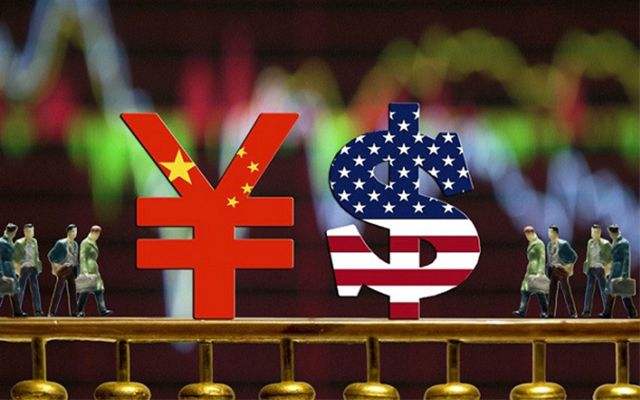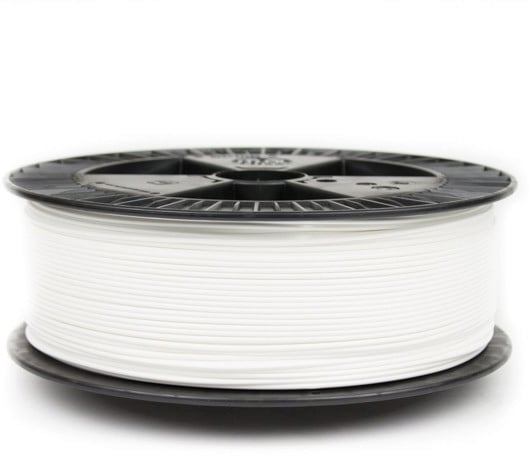RMB Could Be Hurt by US Trade War
Originally published at South China Morning Post.
US trade war could trigger further yuan depreciation against dollar and greater capital outflows, economist warns

China should be prepared for a new round of capital outflows and currency depreciation when bracing for the impact of the trade war with the US and other disturbances to the financial markets, a prominent economist warned on Saturday。
As South China Morning Post reports, Yu Yongding, a senior researcher with the Chinese Academy of Social Sciences and a former adviser to the People’s Bank of China, said “some disturbing factors” had emerged in the Chinese financial markets, such as the wave of peer-to-peer lending defaults or concerns about a property bubble and an economic slowdown in the second half of the year.
The trade war with the US will have a negative impact on China’s economy and market sentiment, as will the impact of interest rate increases in the US and the financial crisis in emerging markets, Yu told a financial forum in northeastern province of Heilongjiang.
He also warned of the risks of the plunging Turkish lira after US President Donald Trump doubled steel and aluminium tariffs on Turkey amid ongoing political tensions.
The lira, which fell 16 percent against the US dollar on Friday, also took its toll on the European financial markets, weakening the euro and rouble.
“There have been discussions among investment bankers whether there would be a repeat of the Asian Financial Crisis. The so-called herd effect [like that] in the [1997] Asian financial crisis may affect China,” he said.
Taking those factors together, Yu warned that the yuan exchange rate “would face downward pressure which may reinforce the depreciation expectations”.
“I think maybe we should be prepared for a new round of capital outflow and yuan deprecation. This may not happen, but we should prevent the problems before they happen,” he said.
Saturday marked the third anniversary of the central bank’s decision to allow freer fluctuation of the yuan against the US dollar and other currencies.
The central bank engineered a depreciation of 2 percent in consecutive three days starting on August 11, 2015, but insufficient communications with the market players triggered panic and led to continuous capital outflows amid fears of an economic slowdown.
Yu suggests the authorities check “carefully” any possible channels or loopholes for huge capital outflows and also prevent digital currencies from being leveraged as a new tool for the capital exodus.
“The government has done quite well and is very sophisticated in managing cross-border capital flow,” said Yu.
The central bank said in its quarterly monetary policy report on Friday that China would not use currency devaluation as a defensive weapon to counter the turmoil of the US trade war.
The central bank also warned that the trade war would hit exports and possibly market sentiment and could exacerbate turbulence in the financial markets.






Leave a Comment
Want to join the discussion?Feel free to contribute!